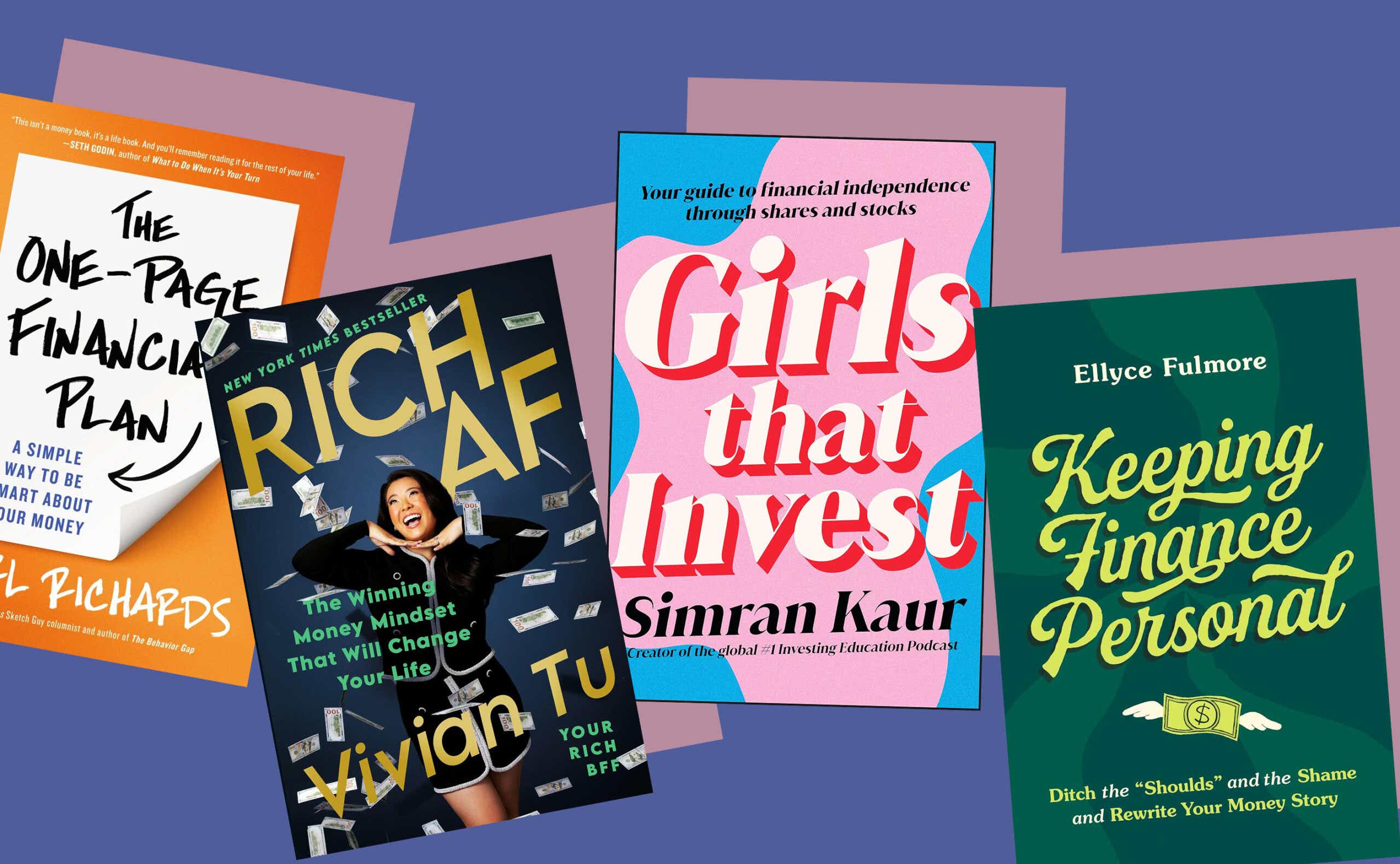Just about every financial expert will tell you that the best time to get your finances in order was yesterday, but the second best time is right now. While it may be scary to look at your credit card statement, pile of bills, or bank account, facing those is the first step to reaching fiscal freedom.
“One thing I hear from my community a lot is ‘It's too late for me,’” Tori Dunlap, author of Financial Feminist, tells Katie Couric Media. “And I'm like, ‘No, it's not!’ Would we have rather you started when you were 25? Yeah, but we can't turn back time. And something is better than nothing.”
Tonya Rapley, founder of My Fab Finance, financial educator for EarnIn, and author of The Money Manual, tells us that many people choose not to invest because they’re afraid to get started. “A lot of people overlook the fact that investing in your workplace retirement plan is, in fact, investing, so start here,” she says. “It’s never too late to start saving or investing, and the first step is outlining your financial goals and finding helpful resources [like books or reputable online content] to work alongside you to achieve them.”
With hundreds of personal finance books out there from a variety of voices, even the hunt for a financial guide can feel impossible, but that’s why we asked experts to share their favorites with you.
The Best Personal Financial Books
The Money Manual by Tonya Rapley
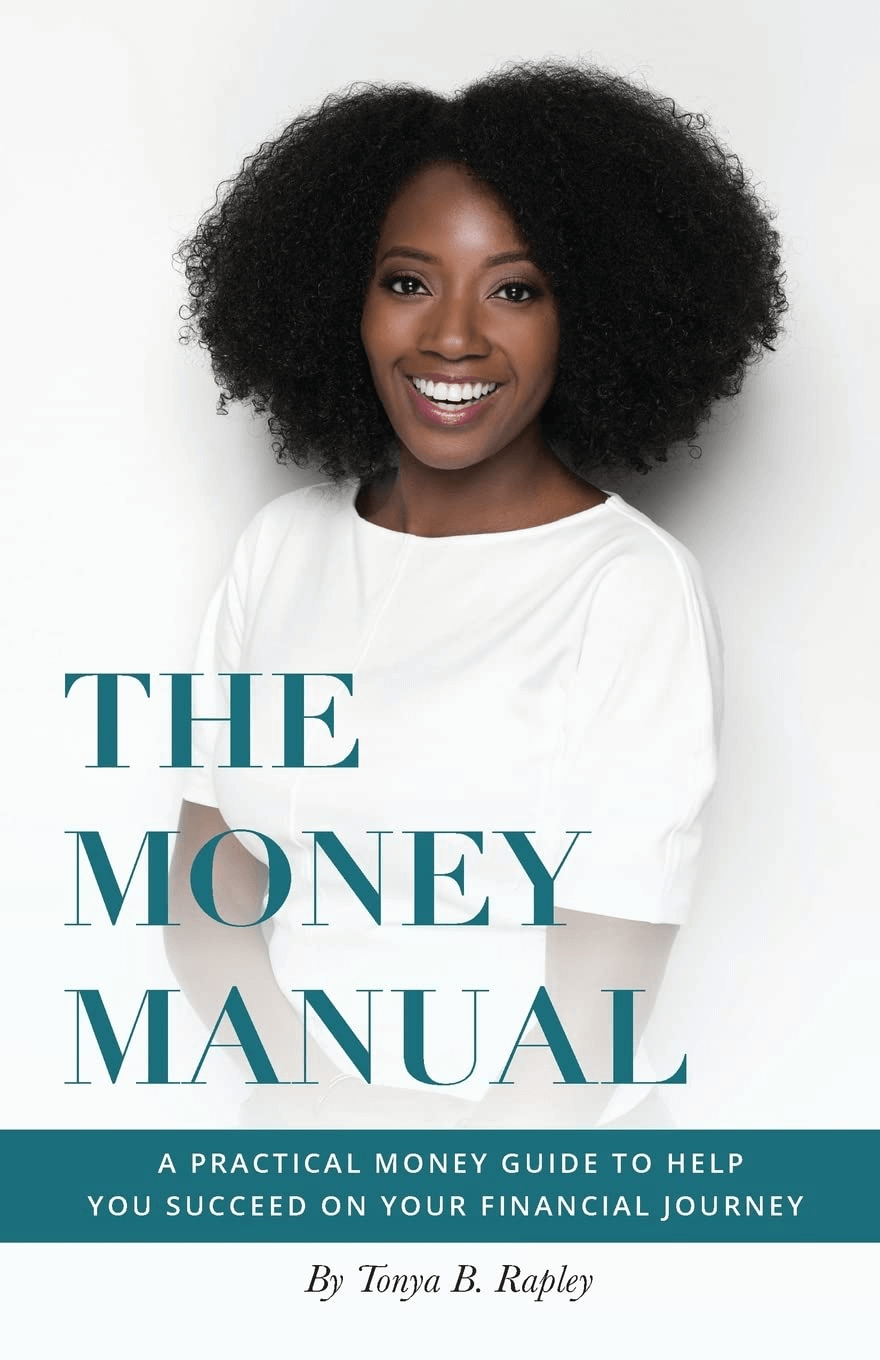
Amazon
Designed to cut through the clutter that leads to financial overwhelm, this guide encourages and helps you to create manageable, achievable goals for your money. Rapley breaks down the concepts of budgeting, saving, and credit in a way that’s easy for those just beginning to assess their own finances and plan their financial future.
“When you can visualize your finances, you’re able to plan more effectively,” Rapley says. “It starts with small steps, like a simple budget planner that can help you write out current expenses and plan for future ones.” In her book, she helps you create a budget that works for you, your goals, and your desires around money.
Financial Feminist by Tori Dunlap
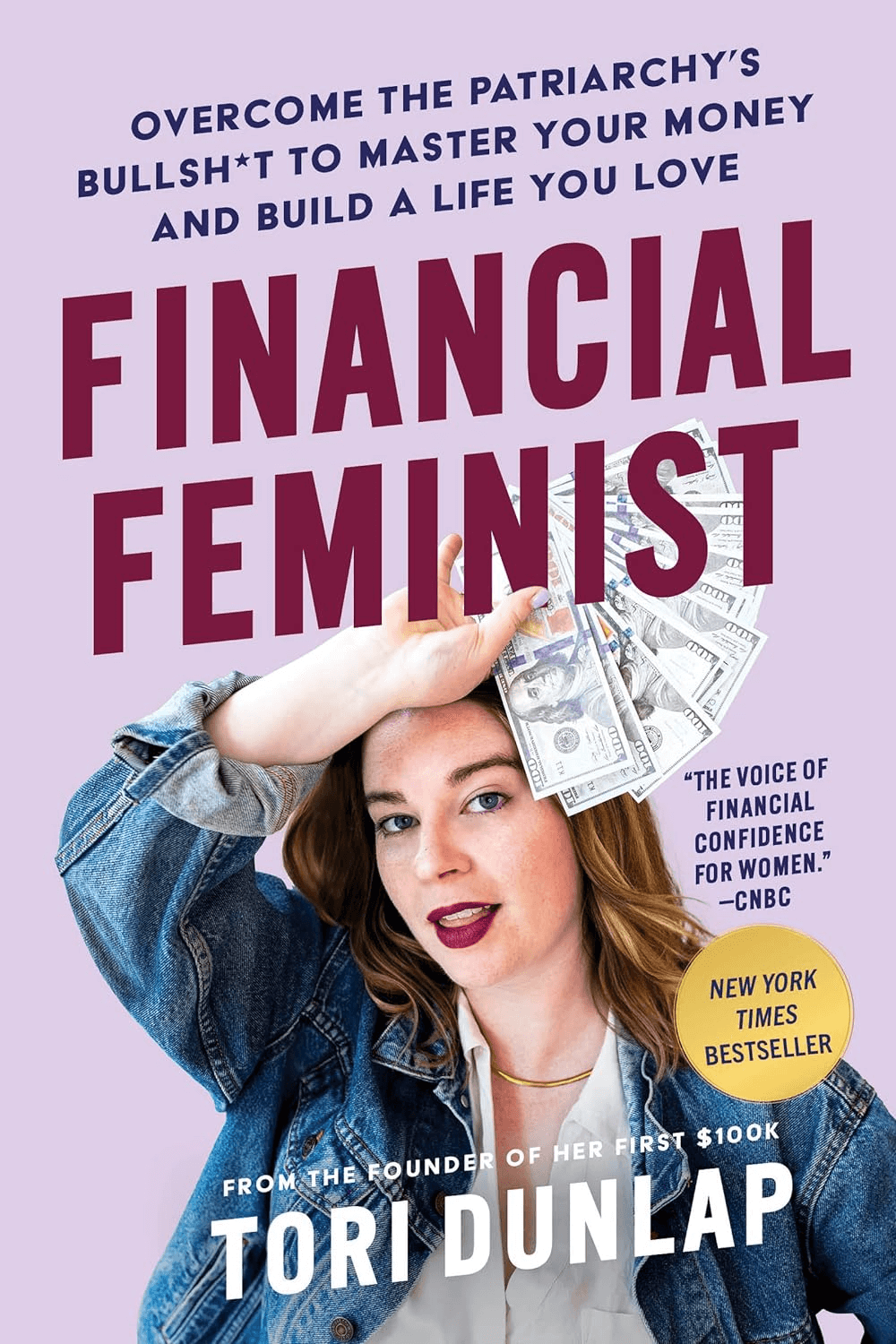
Amazon
“I don't want you to ever be financially dependent on anybody,” Dunlap says. And that was part of her inspiration for writing this book. “I want you to be able to have enough money to make your own choices and to be able to live comfortably.” By breaking down money myths, talking to a variety of experts in the money field, and exploring how and why our emotions directly impact our money decisions, Dunlap has created an easy-to-read conversational guide to getting your money together in a way that builds your wealth and sticks it to the patriarchy.
Rich AF by Vivian Tu
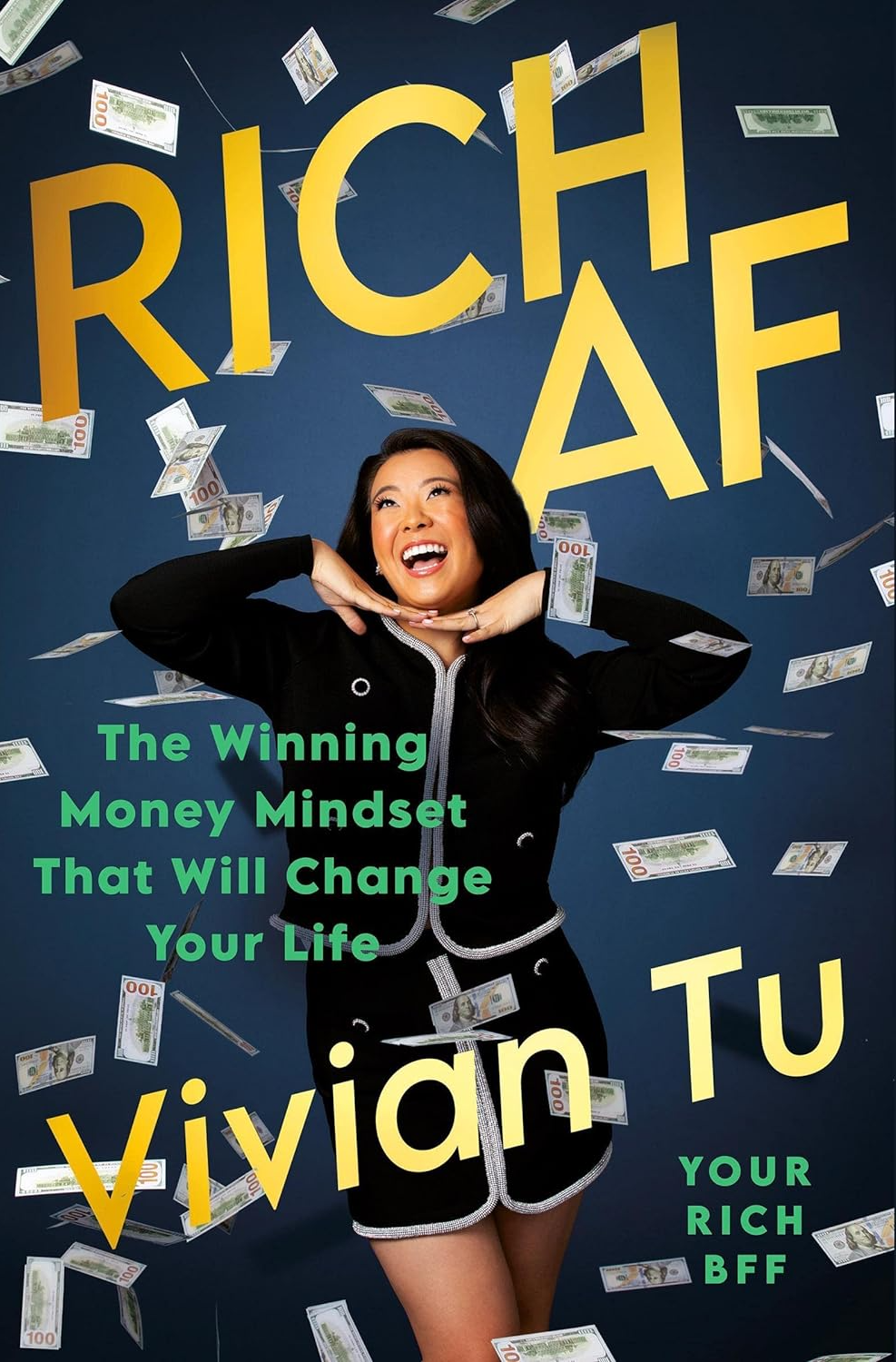
Amazon
Tu believes in thinking of your money as a tool — instead of an obstacle — can help you feel more confident and in control of your finances. After years of working on the trading floor on Wall Street, Tu noticed wealthy people intuitively knew the secrets to winning the “game” of finance. In an effort to level the playing field, Tu is sharing those secrets to hopefully make the game less “male, pale, and stale.”
The Energy of Money by Maria Nemeth, Ph.D.
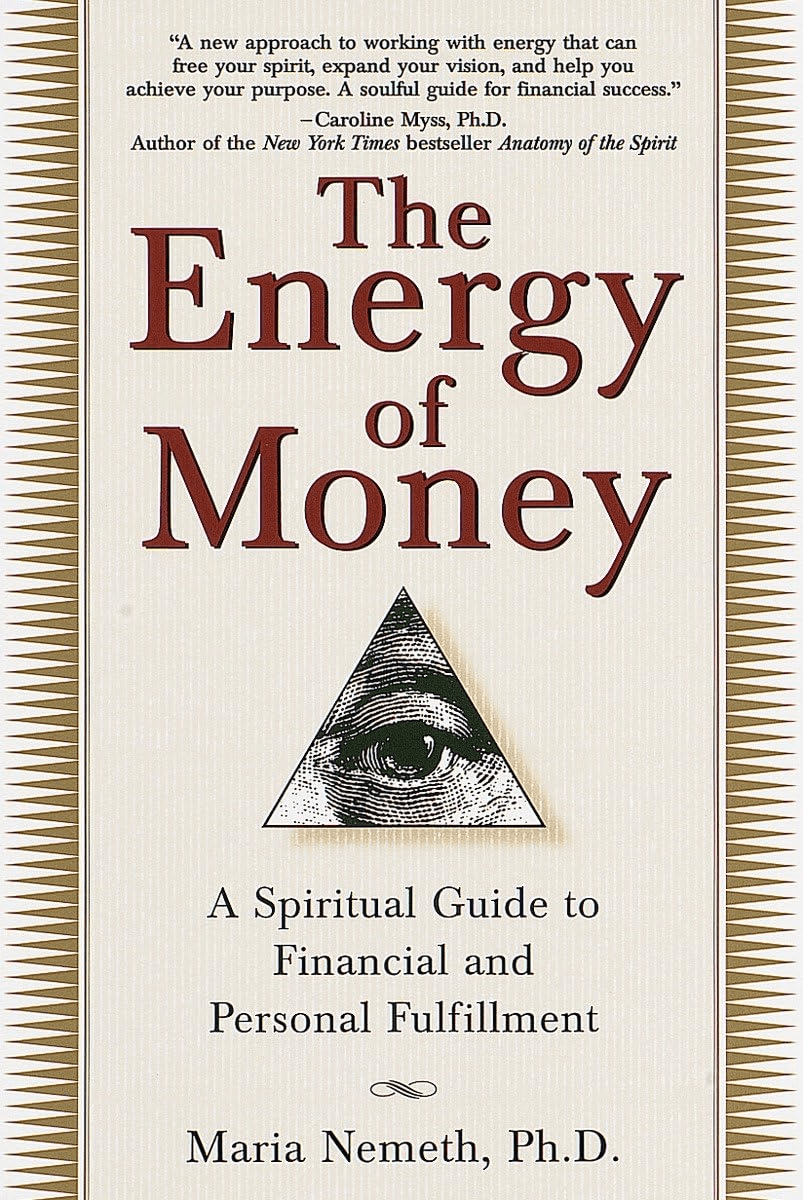
Amazon
Money is emotional, which is part of what makes controlling your finances so difficult. Rapley recommends this book by Maria Nemeth, Ph.D. that explores the ways in which our emotions and beliefs about money can set us back, helping you unlearn behaviors that don’t serve you or your financial success.
“Financial stress is a roadblock to taking control of your finances and building financial momentum,” Rapley says. “Focus on reducing it by planning ahead and budgeting. It’s a learned practice that can start with simply signing up for an app that tracks your income.”
The One-Page Financial Plan by Carl Richards
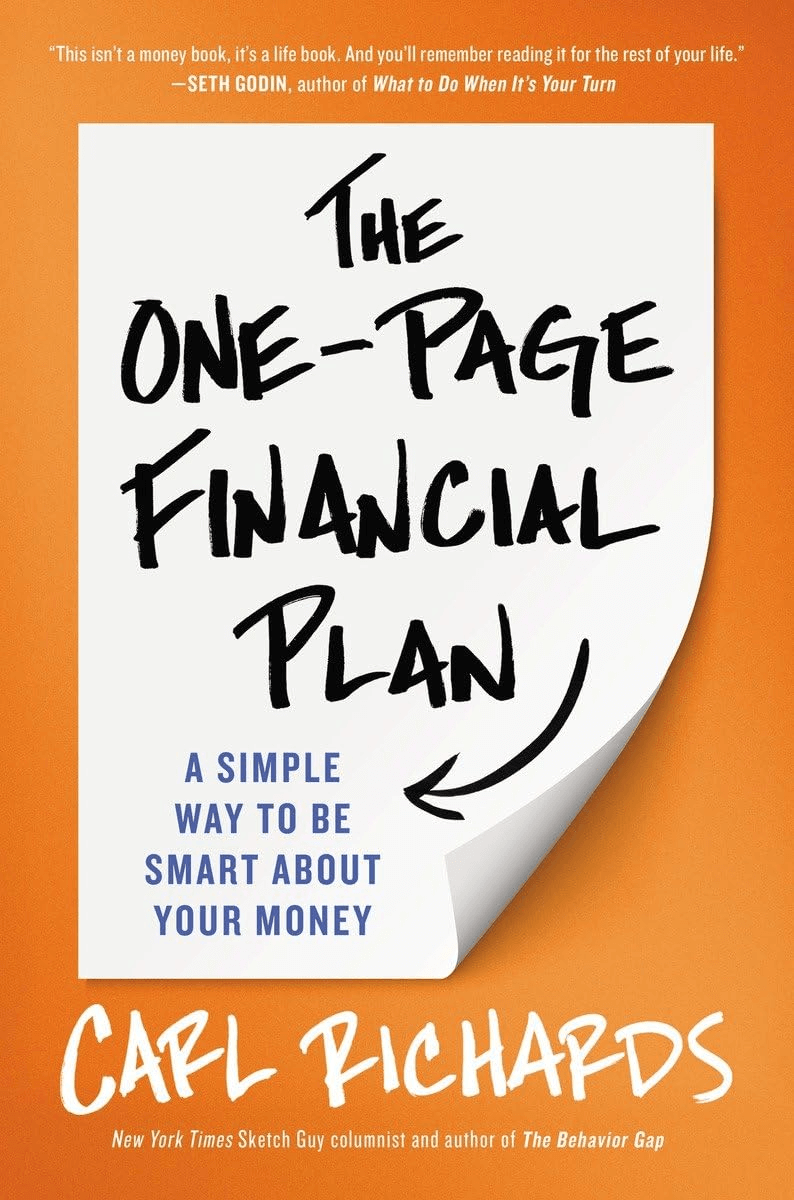
Amazon
For those of us wishing someone would just tell us what to do with our money to make it grow, Rapley suggests this book by Carl Richards, a financial advisor. Richards was constantly hearing from friends, family, and clients that they felt hopeless and overwhelmed by money, paralyzed by options and a lack of understanding of complex financial jargon. So, he wrote a book that encourages financial progress over perfection.
Girls That Invest by Simran Kaur
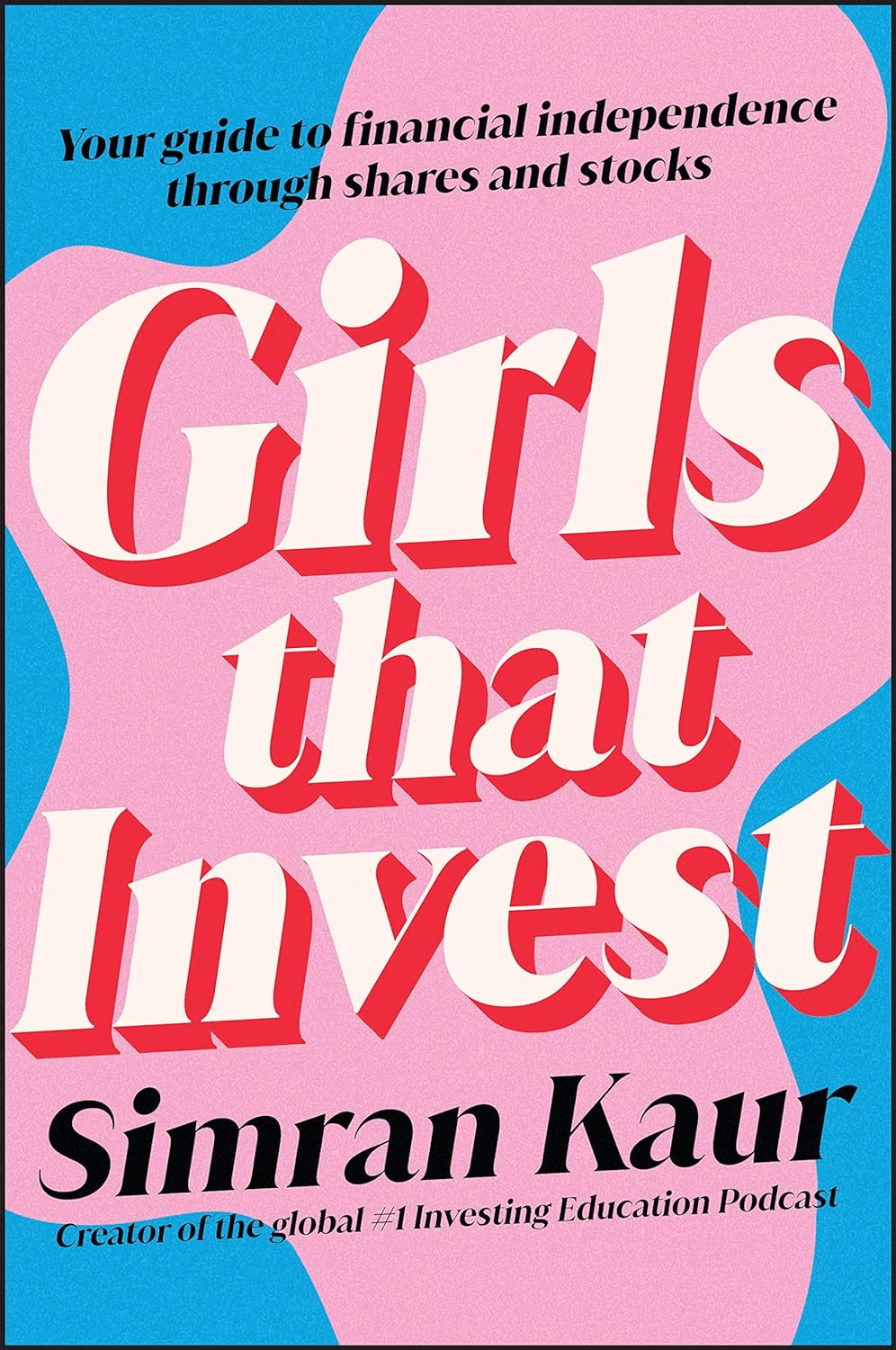
Amazon
“I try to look for personal finance books that not only reflect my own goals, but also my experience and identity,” Tu says. “All of my favorites provide amazing, actionable advice, but also a nuanced and diverse perspective when it comes to personal finance, something sorely missing from the majority of financial education.” This book in particular, by investment columnist, TEDx speaker, and co-creator of the podcast Girls That Invest, Simran Kaur, is split into two parts: 1. Why should you invest? And 2. What type of investor are you? After answering these two questions, you’ll learn how to decode financial jargon with ease, gain knowledge about investment strategies, and hopefully, start and grow your own investment portfolio.
Get Good With Money by Tiffany Aliche
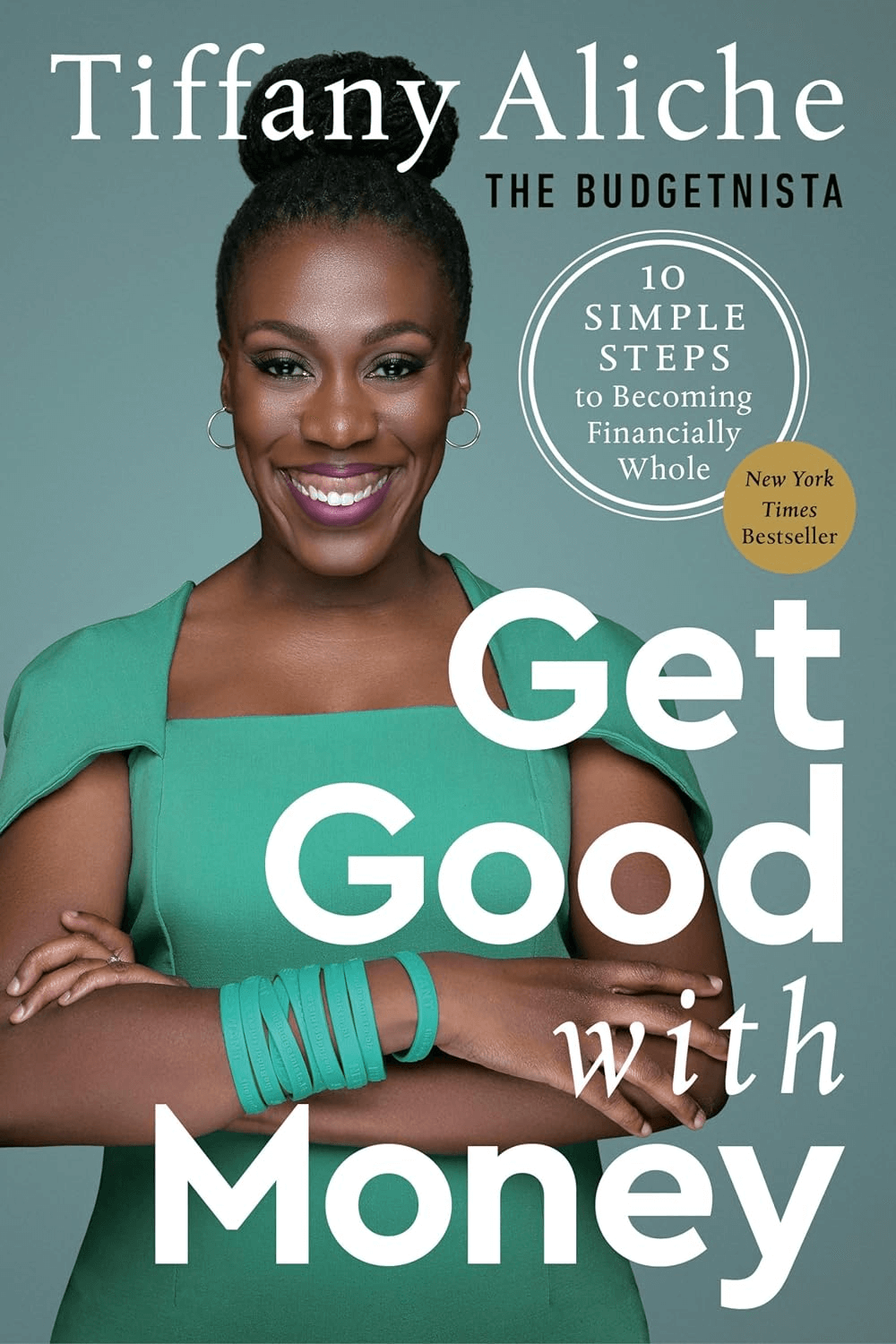
Amazon
If you haven’t caught onto the theme yet, it’s that getting good with money doesn’t require you to have a degree in economics or mathematics. It just takes time and practice. Tu’s next pick by Tiffany Aliche breaks down how to build wealth through financial wholeness (which doesn’t include get-rich-quick schemes or overly complex money management tactics). After following advice from a shady financial advisor and losing her job, Aliche worked to dig herself out of a monetary hole, and she did so successfully. Now, through her book and the audience she’s built on social media as The Budgetnista, she’s helping over a million women do the same.
Cashing Out by Julien and Kiersten Saunders
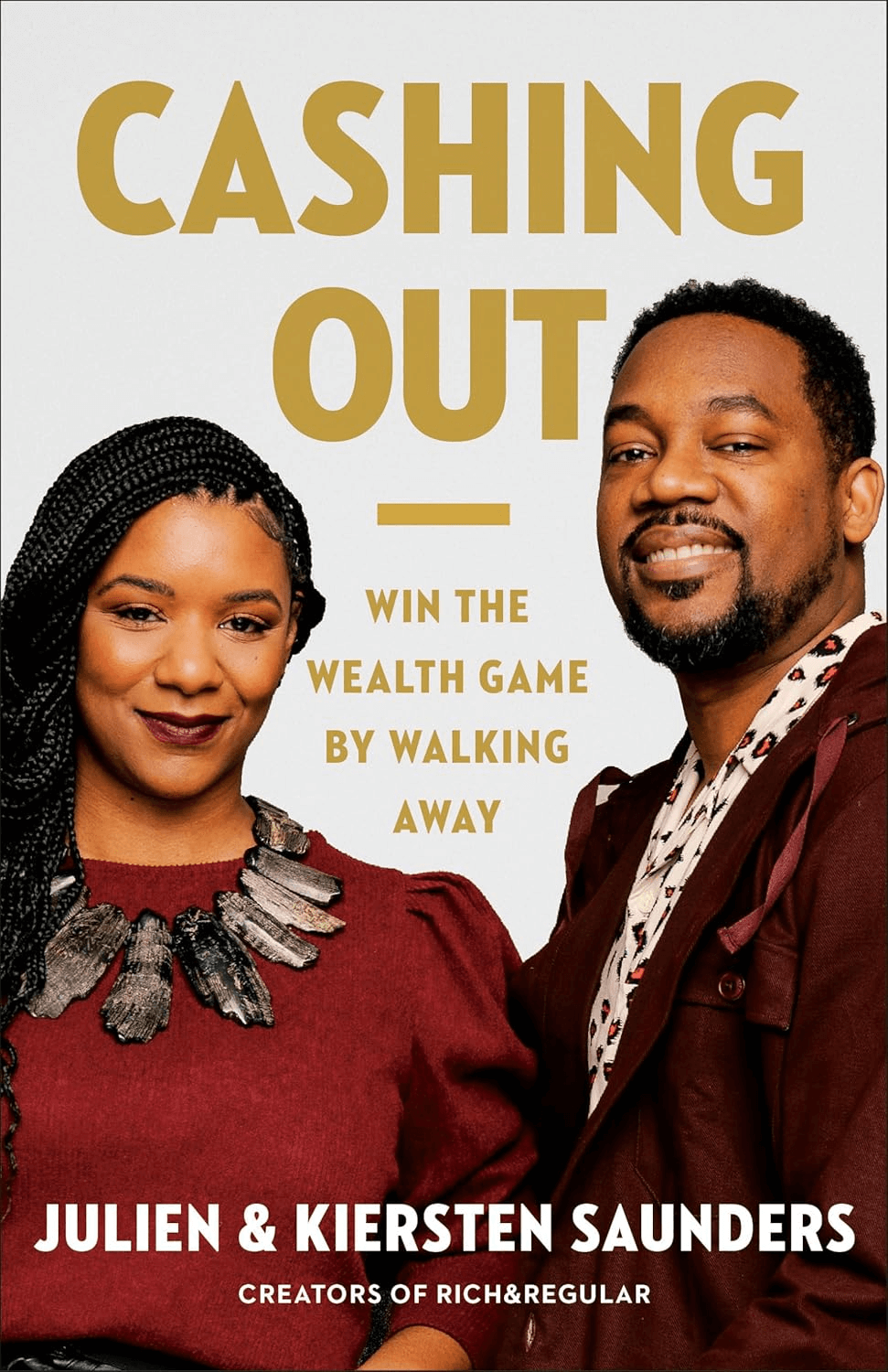
Amazon
“Rich and Regular have an incredible book called Cashing Out,” Dunlap says. “They're a Black couple out of Atlanta and are really great about reframing why we're pursuing money and how we're working, especially if you're trying to get out of the rat race or trying to think strategically, ‘How do I use my money in a more powerful way?’”
Keeping Finance Personal by Ellyce Fulmore
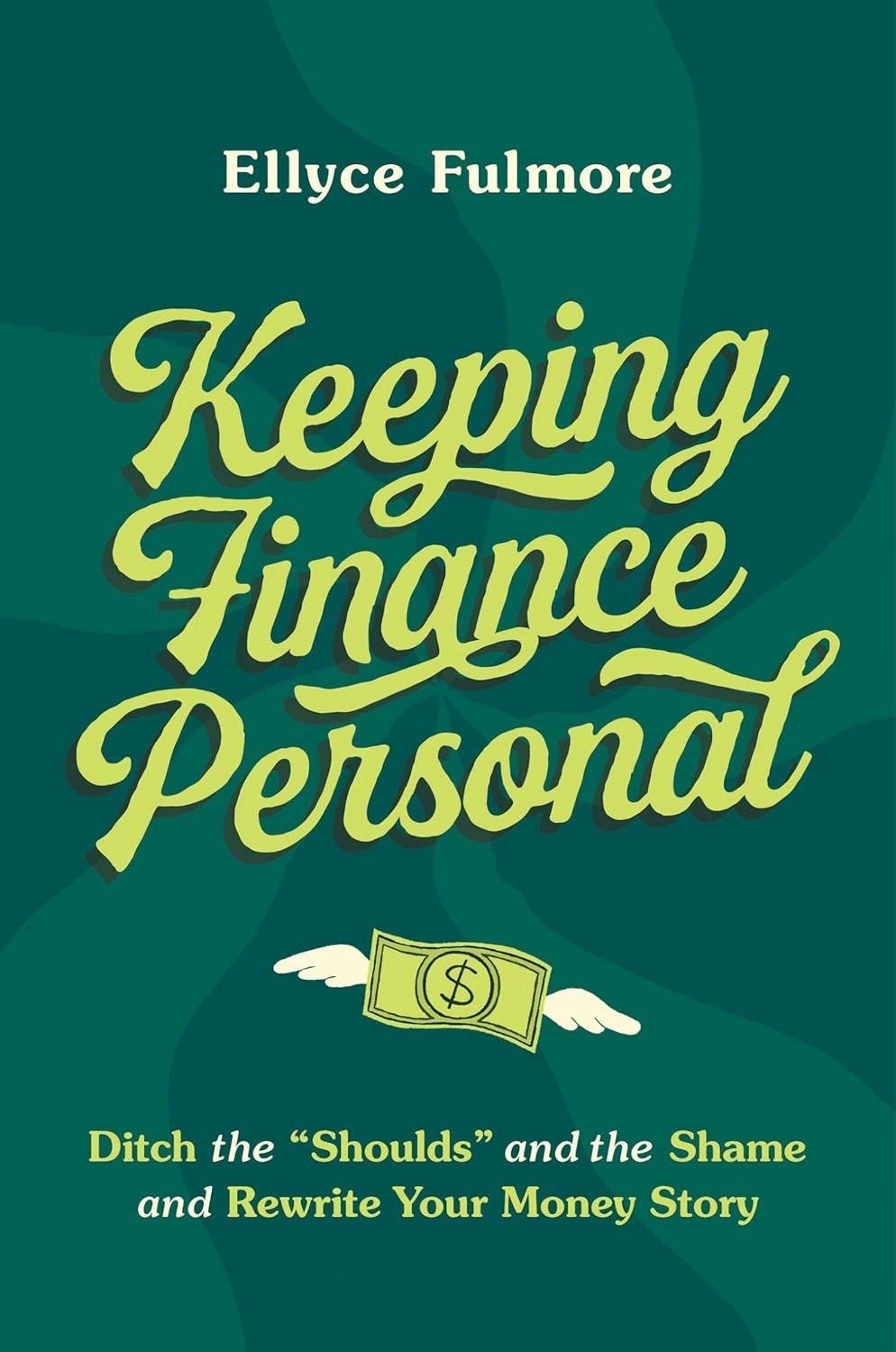
Amazon
If you’re interested in hearing from the perspective of someone queer and neurodivergent, Dunlap recommends Ellyce Fulmore’s book. Told from the intersection of finance and identity, Fulmore works to break down the idea that being bad with money is the root of anyone’s financial issues — instead, it “has everything to do with how identity and lived experience affect financial behaviors.” Fulmore creates a shame-free, trauma-aware approach to money that explores the extremely complex and personal relationship between your identity and your money. Chapters cover topics ranging from finding safe spaces to personal values, relationship dynamics to family systems, and more.







